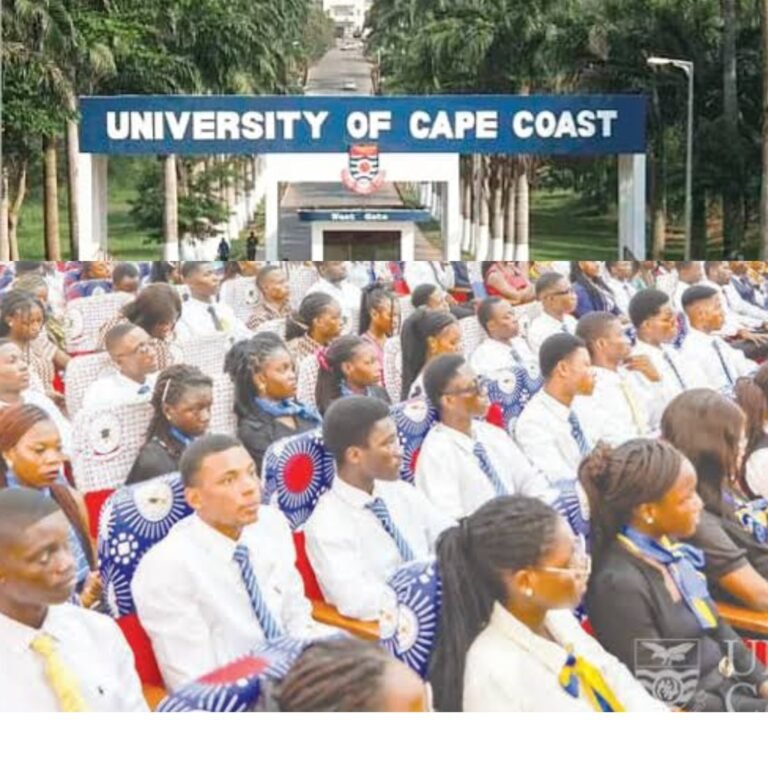
The third national site for the world’s largest drone medical supply operation was commissioned by Vice-President Mahamudu Bawumia at Vobsi, near Walewale, in the North East Region on Saturday.
Just like the other facilities located at Omenako, in the Eastern region, Mpanya, in the Ashanti region, and Sefwi Wiawso in the Western North region, this facility supplies on demand, blood and other essential medical consumables to hundreds of facilities in the five northern regions. The Vobsi facility undertakes, on average, 90 life-saving flights a day, according to officials of Zipline Ghana Limited.

Dr Bawumia said the many stories of saved lives is an affirmation of Government’s decision to introduce the revolutionary service into Ghana, despite fierce criticism from the opposition.
“The decision of the government to adopt this revolutionary service of using drones to deliver on-demand, emergency medical commodities has not only made Ghana the host to the biggest medical drone delivery system on the continent, but has also significantly improved access to basic emergency medical commodities by health facilities. It is therefore most appropriate that we refer to it as ‘Fly-To-Save-A-Life Project’,” he said.
“I have been informed about the joy of one Dr Issabella Amese, the Medical Superintendent at the Baptist Medical Centre at Nalerigu, who urgently needed four units of ‘O’ frozen fresh plasma (FFP) at 3:21am to save the life of a woman who was in a critical condition, and how Zipline intervened just in time. Indeed, we have a true and functioning ‘Fly-To-Save-A-Life Project’,” he stated.
“The hospital was in short supply of blood and the only hope for this woman to survive was Zipline. Thankfully, Zipline got the necessary clearance from the Ghana Civil Aviation Authority and immediately flew the much-needed blood product at that time from this very distribution centre to the hospital. Today, the woman who was at the verge of death is alive and doing so well.
“Stories such as this motivate us to continue to provide leadership for our people and investment in their lives, so that we do not lose valuable lives as a result of non-availability of critical medical commodities. Indeed, every life matters,” Dr Bawumia added.

Impact
He noted that the impact of the Zipline service cannot be over-emphasised.
“There are many instances where our health professionals have openly testified how this technology is contributing to boosting their morale, with the full assurance that even in very difficult moments, like shortage of blood products during emergencies, Zipline will deliver just in time.
“As at today, over 120,000 medical products have been delivered to several health facilities across the country from the various distribution centres. What this means is that many lives have been saved with this technology. That is why we should remain resilient and focused in attending to the needs of the people who put us in positions. They look up to us, and we have to remain committed to improving their quality of life.
Expansion
Lauding the Ministry of Health, Ghana Health Service, Zipline and other key stakeholders for the “great work done so far”, Dr Bawumia hinted that discussions have already begun towards expanding the drone services to other deprived and hard-to-reach communities.
“In the light of the many success stories we are hearing from the beneficiary communities, and our obligation to ensure that national resources and critical services are fairly distributed to all people living in Ghana, we may soon consider the need to expand this service by Zipline to all parts of the country, particularly the hard-to-reach areas.
“My understanding is that at the full capacity of the 4 distribution centres, Zipline will be able to serve about 2,000 health facilities within their range. However, we know that there are many more health facilities in this country which also need to benefit from this amazing service” he added.
According to him, currently, there are many health facilities in the Upper West, Volta, Oti, Savannah and Bono East regions, and other deprived facilities along the coast which do not benefit from the life-saving service. He was however hopeful that, soon, the government will be able to reach out to meet their medical emergencies.
Source: dailystatesman-com-gh-799271.hostingersite.com




